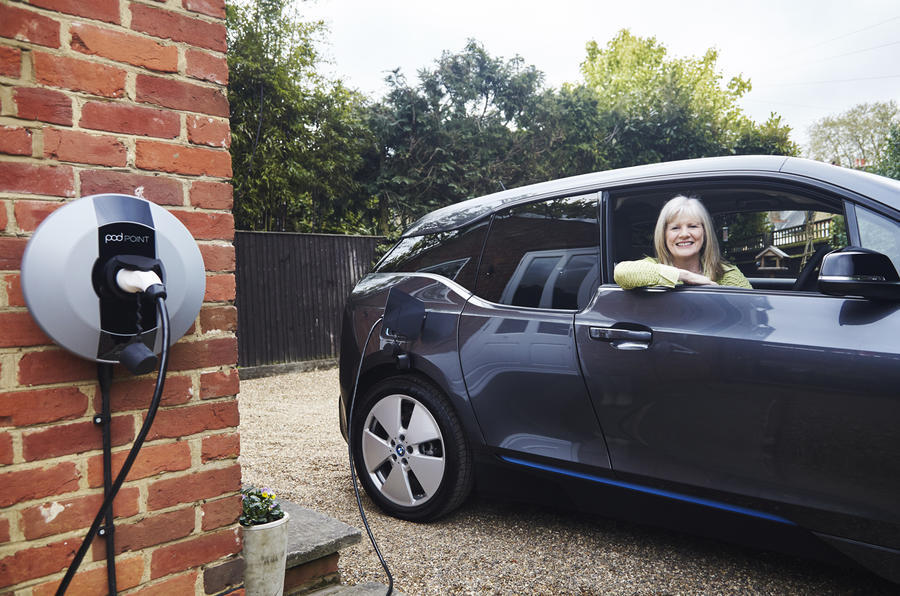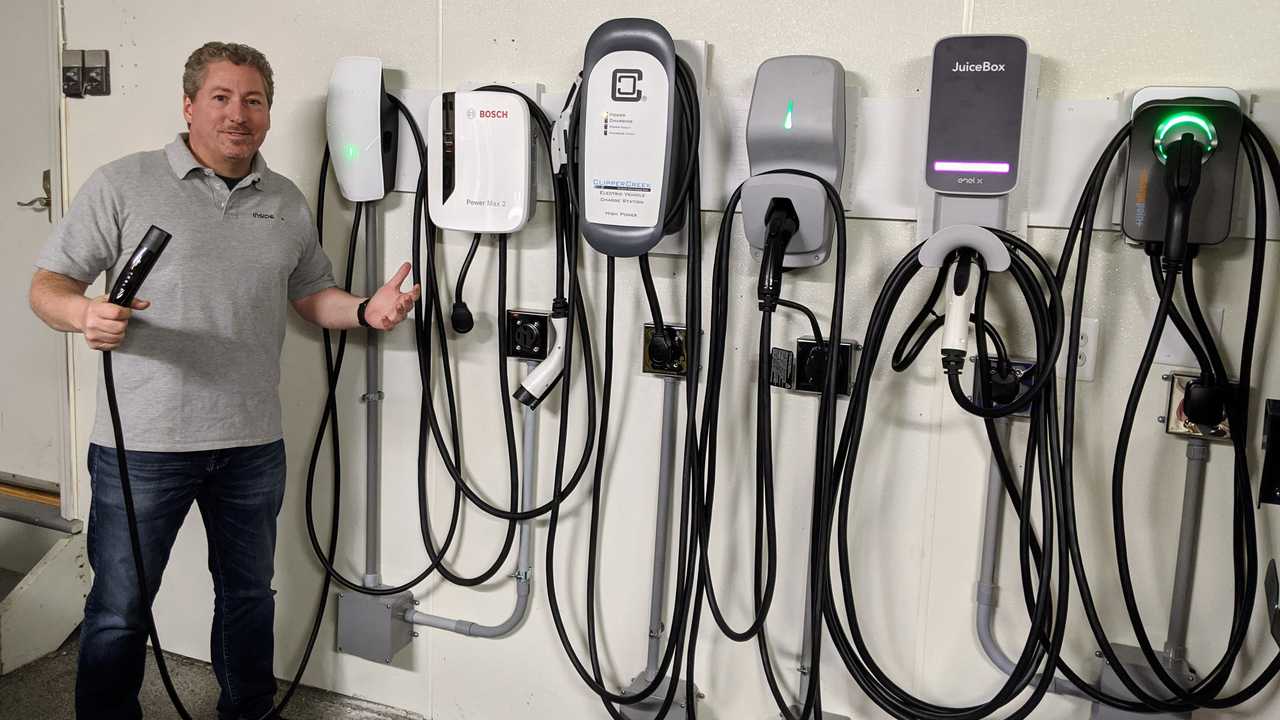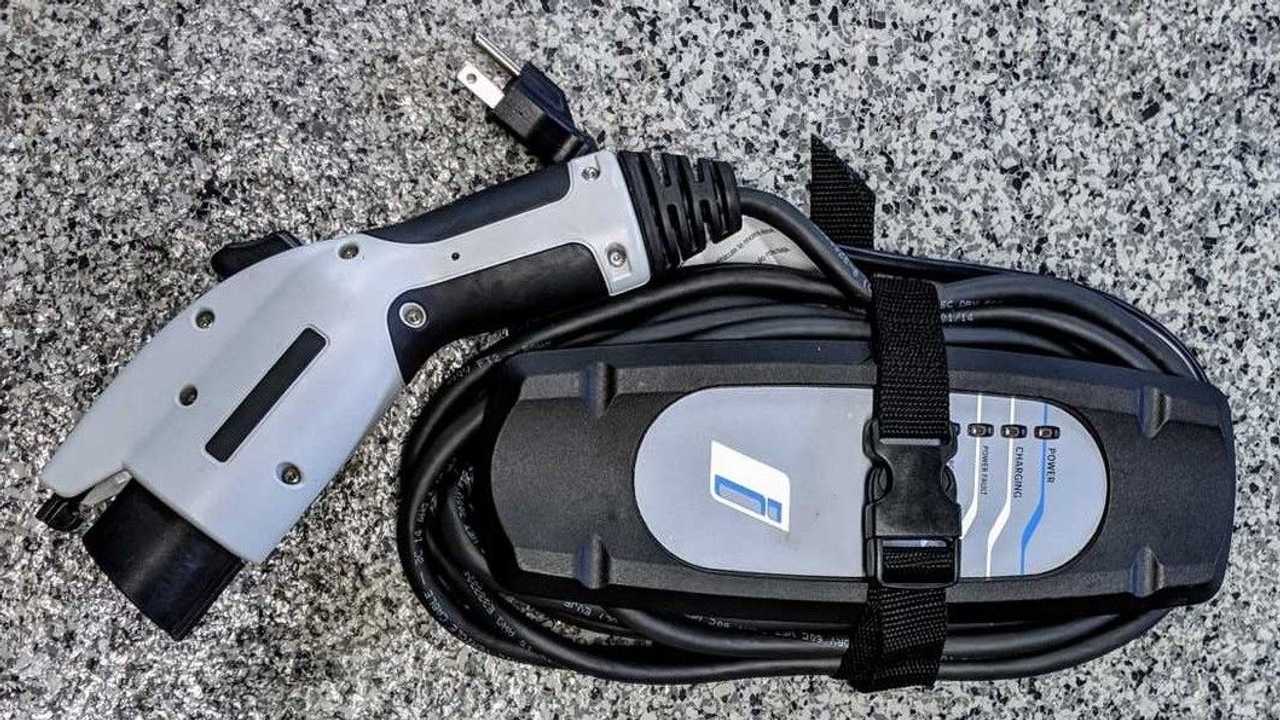The Best Home EV Charger Buying Guide
Here are The Best Home EV Charger Buying Guide
With so many EV home charging stations these days, most people really don’t know which feature to look for when looking for the best home charging solution.
Before we get started, we need to clarify some terms. Electric vehicle feeders or “EVSE” are actually the correct terms for what many call “EV chargers” or “EV charging stations.” The term “charging station” is not a proper term because the actual charging device is built into the car and EVSE actually only provides a safe power source for the vehicle.
The Best Home EV Charger Buying Guide
However, most people recognize the device that way, so we chose to use the term “charging station” or “charger” here. Even the companies that sell EVSEs call them “chargers” or “charging stations” on their websites.
It is also important to note that this post is specific to the North American market. Power supplies in Europe and most other regions do not use 120 volt power supplies as standard household power supplies, as they do in North America. Therefore, there is no “level 1 charge” in Europe. Also, in Europe, the equipment is very different from that in North America, as the charging cable is often not connected to the device to charge Level 2. EV Charger Buying
Electric Vehicles FAQ : The Answers to All Your EV Questions
Cost:
You can expect to spend anywhere between $ 400 and $ 1,200 on a high quality, safe certified EV charging station. But if you spend more, you don’t always get more. Also, many of the charging stations listed below often have special offers and discounts. So look around a bit before you make a purchase.
For some, the cheapest charger with excellent finish and excellent warranty is the right choice, and there are top pick recommendations that fit this profile. For others, the ability to view charging session history, calculate accurate charging costs, voice control charging using Amazon Alexa, and other smart charging options are well worth the extra cost. EV Charger Buying
Things to consider before buying the home EV charger:
Do you control the power supply? If you own your own home, this is not a problem as you can set up a charging station without asking for permission. If you own an apartment, you will need to get permission from the association, which can be a daunting task. If you live in an apartment and have a parking space or garage reserved, you will need to obtain the landlord’s permission before installing the charging station and the garage may have limited electricity. EV Charger Buying
Does the electrical service panel have enough free space to install its own circuitry for the charging station? If you have any questions about whether you have enough reserve capacity, please contact a qualified electrician to check the service and let them know if you can afford it.
Where do you want to install it? You need to place the charging station near the connector on the car connector and make sure that the charger cable is long enough to reach the connector without stretching. Check the location of the charging port before installing the charging station, as each EV has a different charging port location. EV Charger Buying
When you are ready to install a charging station and know where to install it, decide on a charging station. There are many options these days and not all charging stations are made the same. Let’s take a look at the different features to consider when deciding which station is right for you.
Power: Level 2 charging stations typically supply 16A to 80A. This can make a big difference in the charging speed of electric vehicles. You probably don’t want to buy a poor performance charging station, but you’ll have to buy a more powerful charging station at a later date. Even if the current EV can only consume 16 amps (3.3 kW), the next EV can consume at least 32 amps (7.7 kW), so you should consider buying a more powerful device. For this reason, if you want to guarantee your future investment, we recommend purchasing a charging station that can supply at least 32 amps, preferably 40 amps.
Cable Length: Some charging stations come standard with only one 16-foot cable. In our experience, that is not enough for most people. We recommend a cable length of at least 20 feet, but ideally 2,425 feet.
Safety Certification: Because EV charging is a relatively new industry, there are many small start-ups that manufacture EV chargers, including device safety from one established testing institute such as Underwriter. Some didn’t take much time or money to check sex. Has a Lab Certification (UL). These devices need to provide high performance to the car for hours every day and make sure it is safe. If it’s not certified safe, that doesn’t mean the charger isn’t safe, but it’s a problem. – EV Charger Buying
Hardwired or plugin? Hardwire means that the device is permanently connected to a power source, so the device cannot be removed without opening the charger and unwiring. The plug-in unit is not permanently connected to the mains, it is simply plugged into a socket. Chargers of 40 amps or less can be plugged into NEAM 1450 or NEMA 650 outlets. Chargers above 40 amps must be wired and securely installed. Charging stations with plugs have several advantages over permanently installed charging stations. EV Charger Buying
You can disconnect the device from the mains and take it to another location to charge it. Perhaps you have a villa or visit a family member or friend who lives far away. Plug-in units can be carried over long distances, but wired units cannot. These aren’t as small and lightweight as the low-power Level 2 portable chargers, but they’re easy to remove and move around. EV Charger Buying
The cost of installation may be lower. The electrician only needs to install a 240 volt outlet, so installation is much less than wiring and installing a charging station. All you need is an outlet, so you can install the outlet before you buy the charging station so that you can use the garage when the charging station arrives. If so, make sure your electrician has a circuit that can supply at least 32 amps. If the service panel has available capacity, it is advisable to install a 50 amp circuit that can supply the vehicle 40 amps. EV Charger Buying
If this is a problem and needs to be repaired or replaced during the warranty period, unplug it and return it. If it is wired, you will need to ask your electrician to remove it, cap the wire, and then go back and reattach the new wire. EV Charger Buying





Trackbacks/Pingbacks